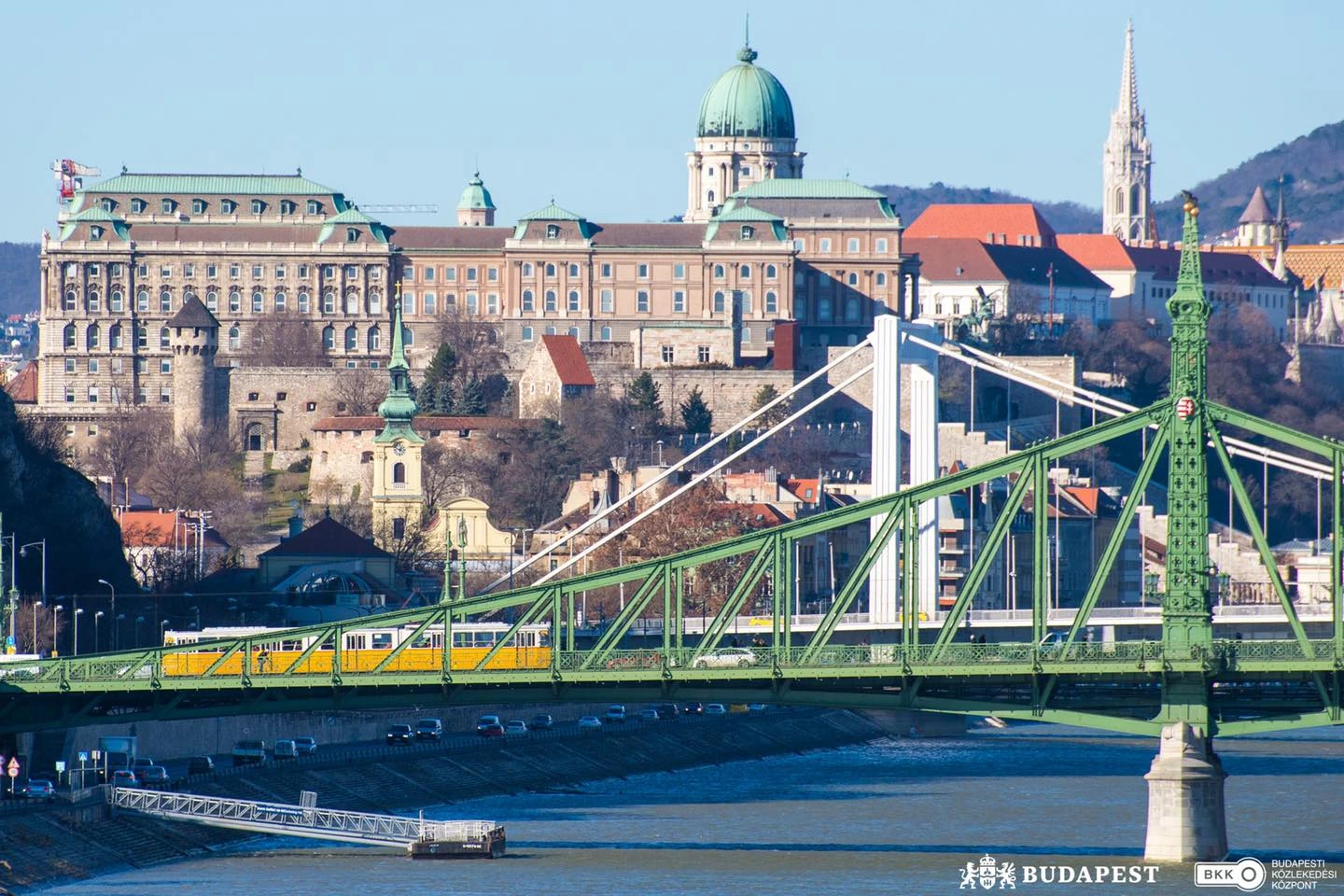Cheap public transport? Travel in Budapest could be one of the most expensive in the region

For the first time in 12 years, Budapest is raising the price of public transport tickets. Although the decision seems rational in the current inflationary climate, it still came as a surprise to many. But how do Budapest public transport prices compare to those in other Hungarian towns and other capitals in the region?
Pénzcentrum has now investigated whether the current HUF 350 (EUR 0.91) tickets are really as cheap as the 12 years of stagnant prices suggest, and how affordable the increased tickets will be compared to Hungarian towns and other capitals in the region.
As we reported, the Budapest’s transport company BKK is increasing the prices of public transport tickets in the Hungarian capital. The decision follows a 12-year stagnation in prices. The primary reasons behind their decision was the economic circumstances and the soaring energy prices. BKK said it will continue to respect the regulars, so the prices of passes/season tickets will remain unchanged.
From 1 September, the price of a regular single ticket will rise from HUF 350 (EUR 0.91) to HUF 450 (EUR 1.17). Meanwhile, the so-called on-board ticket/ticket bought on the spot from drivers will increase from HUF 450 (EUR 1.17) to HUF 600 (EUR 1.57). The price of a block of 10 tickets will also follow suit, with one block costing HUF 4,000 (EUR 10.44) instead of HUF 3,000 (EUR 7.83).
How do ticket prices in Budapest compare to other Hungarian towns right now?

While monthly season tickets are by far the most expensive in Budapest, the capital is in the middle of the pack in terms of the price of a single ticket. In Miskolc and Szeged, a ticket already costs HUF 430 (EUR 1.12), Pénzcentrum writes. Of the 8 largest cities in Hungary, Nyíregyháza and the capital are still the fifth most expensive. In Kecskemét and Győr, a bus ride costs only HUF 250 (EUR 0.65). And, from September, unless provincial leaders decide to raise fares, public transport in Budapest will be the most expensive in the country.
| City/town | Public transport ticket price (HUF) |
| Miskolc | 430 |
| Szeged | 430 |
| Pécs | 400 |
| Debrecen | 380 |
| Budapest | 350 |
| Nyíregyháza | 350 |
| Kecskemét | 250 |
| Győr | 250 |
Budapest vs other capitals in the region

Of course, the price of public transport in the capital is also justified by its infrastructure and the differences in this regard between the countryside and the capital. For this reason, it might be more relevant to compare Budapest with cities of a similar size, and especially with other European cities. Pénzcentrum has now looked at public transport fares in the capitals of the former Eastern Bloc countries, or Central and Eastern European countries, now known by the acronym CEE.
| City | Public transport ticket prices (HUF) |
| Riga | 567 (90-min ticket) |
| Ljubljana | 492 (90-min ticket) |
| Prague | 471 (30-min ticket) |
| Budapest | 350 (one vehicle) |
| Sofia | 309 (one vehicle) |
| Zagreb | 303 (30-min ticket) |
| Warsaw | 290 (20-min ticket) |
| Belgrade | 287 (90-min ticket) |
| Bratislava | 268 (15-min ticket, no transfer) |
It is important to note that the institution of the single ticket (vonaljegy) is slowly becoming a Hungarian phenomenon. Most of the surrounding countries have already completely switched to time-based ticketing. In Budapest, the 30-minute ticket at HUF 530 (EUR 1.38) and the 90-minute ticket at HUF 750 (EUR 1.96) are only worth it if you want to transfer during your journey. The transport companies that opted for these schemes have rationalised the price of time-based tickets: so a 90-minute journey costs HUF 750 nowhere else in our region.
We can see that Riga is the most expensive city in this regard, where only 90-minute tickets are available since the phasing out of the regular single ticket last year. It’s the same in Ljubljana, but there, you only have to pay HUF 492 (EUR 1.28) for a 90-minute trip with unlimited transfers.
Currently, even in Prague, a single ticket is more expensive than in Budapest. In Zagreb, on the other hand, it’s only HUF 303 (EUR 0.79) for a 30-minute transfer. So, unless you’re travelling end-to-end, you’re likely to get a cheaper deal than you would in Budapest. In Warsaw, meanwhile, a 20-minute transfer ticket costs only HUF 290 (EUR 0.76), while in Bratislava a 15-minute ticket costs only HUF 268 (EUR 0.70). However, tickets in this category do not entitle you to a transfer, while a 30-minute ticket that costs 20 cents more does.
Source:







